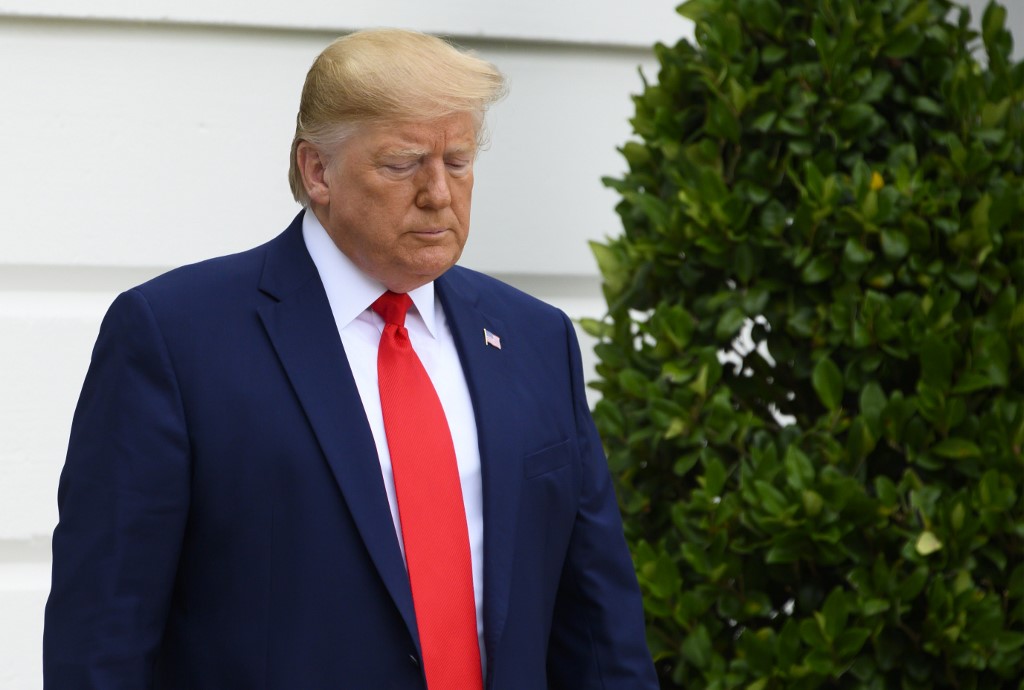Trade of the Day: Stocks hammered across the board; US shares plunges more than 7%, triggering circuit breaker that halts trading for 15 minutes; Treasuries and yen catch the safety bid
Quote of the Day: “We believe that the global equity correction has further to run and reiterate our underweight position. Despite the sharp decline over the past two weeks, global valuation multiples remain above their post-crisis average and are a long way off previous correction lows,” said Oxford Economics in a note published on Thursday.
Stock of the day: 10-year US Treasuries fell 14 basis points to 0.68%
Number of the Day: 37% – RG Niederhoffer Capital Management’s flagship diversified fund – one of the world’s oldest quant hedge funds – has gained 37 per cent this year. His fund tries to calculate when markets have become too fearful or too greedy and then buy futures in bonds, stocks and other assets to profit as they correct, The Financial Times reported.
Tip of the Day: “Given the prevailing uncertainty and lack of confidence in policy responses thus far, our positive bias towards the USD against most currencies – excluding the JPY – remains. In terms of EM FX (emerging market foreign exchange), we have been concerned that high- yielding currencies would be quickly exposed if the tide went out. This tide is still going out,” said Paul Mackel, HSBC forex strategist.
Financial markets were clobbered amid recession fears as the 11-year bull market drew to a close. The MSCI All country world index was last seen at 463 at which level it had lost more than 20% of its recent peak, the definition of a bear market. Earlier Japan’s Nikkei 225 index tumbled 4.41%, Australia’s S&P ASX 200 sank 7.36% and the Hong Kong’s Hang Sen index dropped 3.66%. Mainland China shares also retreated with the CSI 300 down 1.92%.
The selling was triggered after the World Health Organisation labelled the coronavirus as a pandemic and following additional travel bans declared by the United States even as the infected cases globally exceeded 125,000 and the death count rose to 4,641.
US President Donald Trump suspended all travel from Europe but exempted United Kingdom from the ban, even as he pressed on with stimulus proposals which included tax reliefs and other targeted financial measures. Overnight, the Dow Jones index fell 5.86% down more than 20% from its recent peak, the definition of a bear market, while the S&P 500’s 4.89% plunge took the benchmark close to that mark.
Even as expectations swirl that the US Federal Reserve will cut another 50-75 bps next week and additional cuts are expected when the European Central Bank meets, these measures may be insufficient.
“Rate cuts may also not be enough, with broad expectations that the central banks will re-introduce quantitative easing (QE) to address coronavirus inspired slowing growth and market volatility. A coordinated effort will also be considered after the G7 held a joint call last week,” said Marvin Loh, Global Macro Strategist at State Street Global Markets.
These hopes have soared after the collapse in oil prices following the breakdown in talks between Saudi Arabia and Russia which bludgeoned all inflation expectations.
“A long war between the two counties could keep oil prices suppressed longer than normal in these shock scenarios, which will also need to contend with falling demand in the face of the virus. With limited ammunition, central banks need to deal with multiple black swan events at the same time,” said Loh.
























